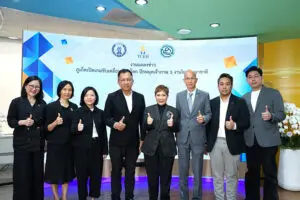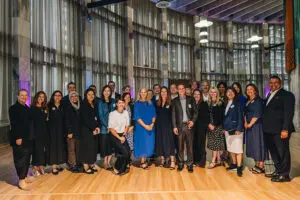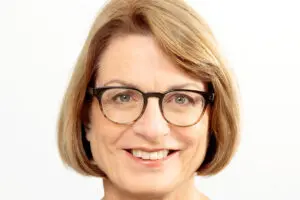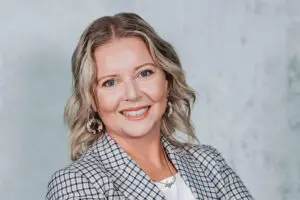While the IAPCO research found 60 per cent of surveyed PCOs had been impacted by the geopolitical landscape, The Hague & Partners Convention Bureau and the European Society of Association Executives (ESAE) has found 88 per cent of associations and non-profits believe geopolitical instability will affect their operations.
The latest research surveyed 99 leaders from the association and NFP sector, primarily in Europe, and found 85 per cent saying that geopolitics had already impacted their organisations.
“This research underlines how geopolitical developments are no longer tangential to association leadership – they are central,” said ESAE managing director, Ioannis Pallas.
“Associations must evolve structurally and strategically, not only to stay relevant but to continue being forces of positive change in society. The insights provide a valuable roadmap for that journey.”
The rise of populism is a concern for over three quarters of those surveyed, with 77 per cent believing populism will impact their organisations. Thirty per cent of respondents said their concern over populism was either four or five on a scale of five.
The survey also found the vast majority of organisations are not as prepared as they would like to be for the widely expected geopolitical impact, with just 13 per cent of respondents saying they were well prepared, while 72 per cent said they were somewhat prepared and 14 per cent saying they were not prepared.
“Associations are increasingly navigating a complex geopolitical environment, with instability no longer an external factor but an embedded reality,” said head of The Hague & Partners Convention Bureau, Bas Schot.
“Our research reveals not just concern, but a clear call to action – associations must double down on governance, mission alignment and strategic communication if they are to weather what lies ahead.”
In response to geopolitical concerns, associations are looking inward, with 81 per cent focussing on their core mission and values, 63 per cent concentrating on governance and 61 per cent actively pursuing more diverse representation at board level.
And while most – 83 per cent – are leveraging lessons learned from crises like the global financial meltdown in the late 2000s and the more recent COVID-19 pandemic, there is a significant majority – 42 per cent – who feel there are still knowledge gaps for how to deal with current geopolitical unsteadiness.
Interestingly, and somewhat juxtaposed to the IAPCO research, only 27 per cent said the geopolitical landscape had disrupted their events, however, alongside this, 28 per cent said they had moved their events to more politically stable hosts.




















